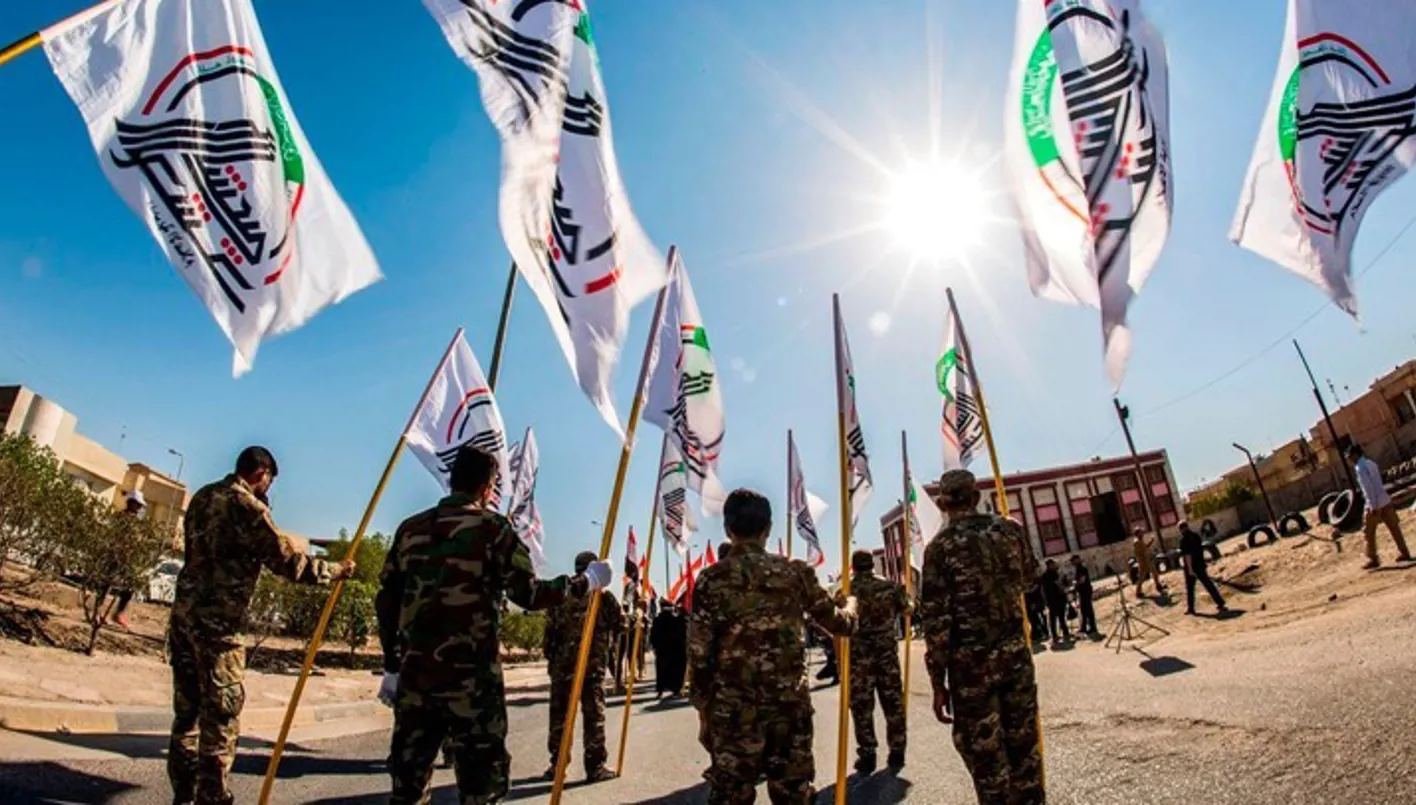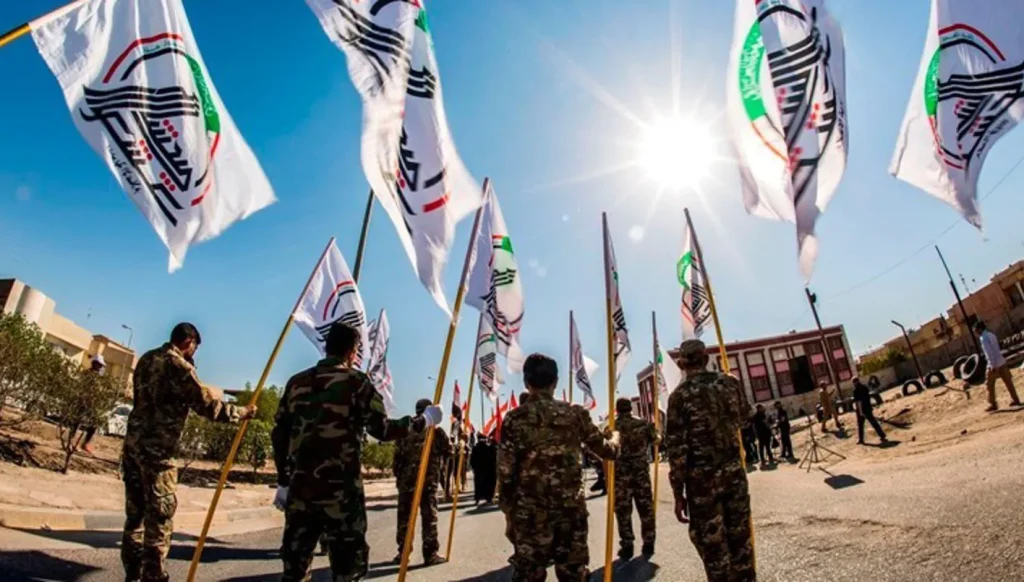The Iraqi Council of Representatives is approaching the end of its current session amid intense controversy over the Popular Mobilization Law, which sparks sharp debates among political forces with differing positions, under increasing external pressures, especially from the United States. The blocs supporting the law, primarily the Shiite Coordination Framework forces, see its approval in its current form as a legal consolidation of the rights of its members and a guarantee for the continuity of its security role. Conversely, other political parties (Sunni, Kurdish, and some Shiites) warn that the law may entrench the independence of the Popular Mobilization from the army leadership and deepen division within the security institution. While Washington has publicly expressed reservations, Tehran welcomed what it described as the ‘cohesion of the resistance front’ inside the Iraqi parliament.
MP Mukhtar Al-Mousawi, a member of the Security and Defense Committee, explains the American fear of the law by stating that ‘Washington views Iraq as not a state of institutions.’ He confirms that ‘Iraq does not have sovereignty over its airspace, land, or even oil.’ He adds that Sunni and Kurdish political blocs tend to break the quorum in sessions that include the Popular Mobilization Law on the agenda, a trend supported by some Shiite blocs such as ‘Imtidad’ and ‘Ishraqat Kanun.’ Passing the law requires a unified position from 184 Shiite MPs, and it is likely to be presented after the Arbaeen visit, possibly postponed to the next parliamentary session. The spokesman for the State of Law Coalition, Aqil Al-Fatlawi, attributes the parliament’s failure to legislate the law to a clear American role influencing some political blocs, which contributed to delaying its approval.
He predicts that postponing it to the next session will complicate its chances due to the lack of clarity regarding future political alliances. Al-Fatlawi believes Shiite MPs will face a real test after Arbaeen, noting that it will be the last chance to approve the law in this parliamentary session. Iranian Armed Forces General Staff spokesman Brigadier General Abu Al-Fadl Shakarji stated last Thursday that the ‘resistance factions’ in the region, including Lebanon’s Hezbollah, Palestine’s Hamas, Yemen’s Ansar Allah, and Iraq’s Popular Mobilization, are now operating ‘with greater strength than before,’ confirming that these forces have become ‘more coordinated and cohesive’ than ever. Meanwhile, the US State Department, through spokesperson Tammy Bruce, reiterated its opposition to any legal legislation in Iraq that would turn it into an Iranian-dependent state, threatening sanctions on financial entities linked to armed groups.
Political researcher Aed Al-Hilali, close to Prime Minister Mohammed Shia Al-Sudani, says the Popular Mobilization Law primarily aims to confine weapons to the state. He adds that there are armed factions with dual legitimacy, legal through their affiliation with the Popular Mobilization Authority, and factual due to their military and political influence. With escalating regional and international threats and repeated strikes on these factions’ sites, pressure increases on Al-Sudani’s government to take a decisive stance on this file, balancing sovereignty requirements and political survival.














Recommended for you
Talib Al-Rifai Chronicles Kuwaiti Art Heritage in "Doukhi.. Tasaseem Al-Saba"
Exhibition City Completes About 80% of Preparations for the Damascus International Fair Launch
Unified Admission Applications Start Tuesday with 640 Students to be Accepted in Medicine
Egypt Post: We Have Over 10 Million Customers in Savings Accounts and Offer Daily, Monthly, and Annual Returns
His Highness Sheikh Isa bin Salman bin Hamad Al Khalifa Receives the United States Ambassador to the Kingdom of Bahrain
Al-Jaghbeer: The Industrial Sector Leads Economic Growth